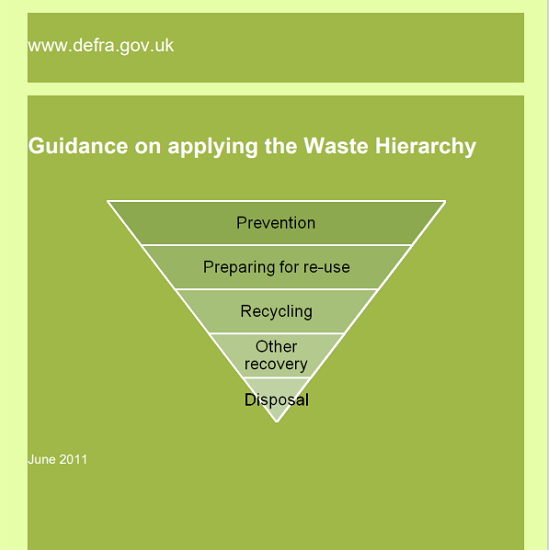2011, DEFRA
The circular economy: New or Refurbished as CE 3.0? — Exploring Controversies in the Conceptualization of the Circular Economy through a Focus on History and Resource Value Retention Options.
2017, Reike, Vermeulen & Witjes
Abstract
Over the last decade, the concept of the circular economy has regained attention, especially related to efforts to achieve a more sustainable society. The ‘revival’ of the circular economy has been accompanied by controversies and confusions across different actors in science and practice. With this article we attempt at contributing to advanced clarity in the field and providing a heuristic that is useful in practice. Initially, we take a focus on the historical development of the concept of circular economy and value retention options (ROs) for products and materials aiming for increased circularity. We propose to distinguish three phases in the evolution of the circular economy and argue that the concept – in its dominant framing – is not as new as frequently claimed. Having established this background knowledge, we give insights into ‘how far we are’ globally, with respect to the implementation of circularity, arguing that high levels of circularity have already been reached in different parts of the globe with regard to longer loop value retention options, such as energy recovery and recycling. Subsequently, we show that the confusion surrounding the circular economy is more far reaching. We summarize the divergent perspectives on retention options and unite the most common views a 10R typology. From our analyses, we conclude that policymakers and businesses should focus their efforts on realization of the more desirable, shorter loop retention options, like remanufacturing, refurbishing and repurposing – yet with a view on feasibility and overall system effects. Scholars, on the other hand, should assist the parties contributing to an increased circular economy in practice by taking up a more active role in attaining consensus in conceptualizing the circular economy.






